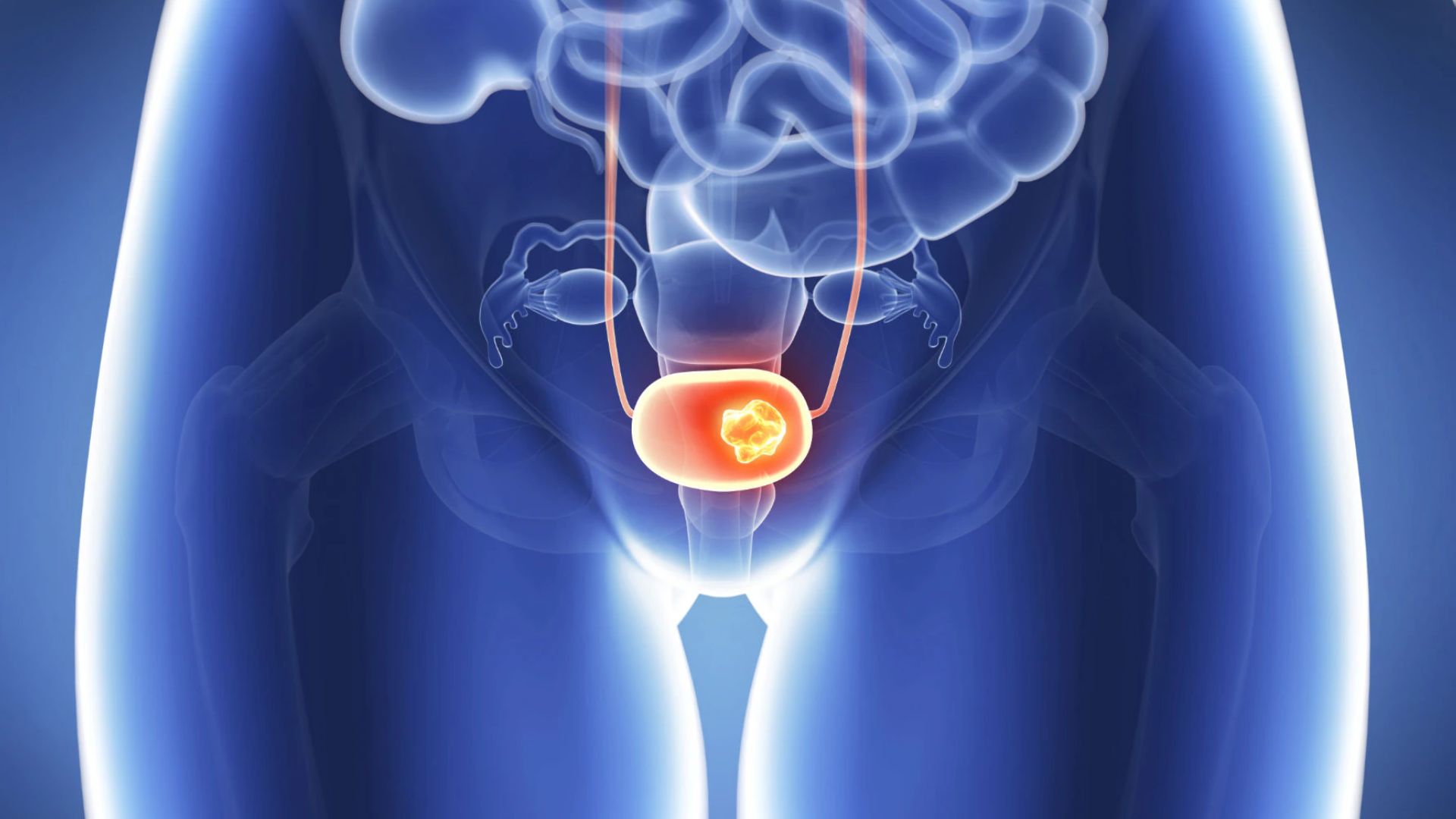Local News
Understanding the early signs of bladder cancer and how new treatment options are improving patient outcomes

Rochester, New York – Bladder cancer has captured national attention following a high-profile announcement by University of Colorado head football coach Deion Sanders, who recently revealed his diagnosis and treatment for an aggressive form of the disease. Sanders, who is now cancer-free, shared his story to raise awareness and encourage people to pay closer attention to the warning signs of bladder cancer and to stay up-to-date with regular medical checkups.
“I’m cancer free,” Sanders said, urging the public to “pay attention to bladder cancer symptoms and keep up with regular doctor’s appointments.”
Sanders’ surgery was performed by Dr. Janet Kukreja, director of urological oncology at the University of Colorado Cancer Center. Kukreja has strong ties to New York, having completed her residency in urology and a master’s in public health at the University of Rochester Medical Center (URMC). That connection highlights URMC’s reputation as a center for excellence in bladder cancer care and research—a reputation built by the Wilmot Cancer Institute and the Department of Urology, both of which are known for their pioneering clinical work and educational leadership.
To better understand the disease, Dr. William Tabayoyong, a urologic oncologist at UR Medicine, shared key insights into the warning signs, diagnostic process, and cutting-edge treatments available for bladder cancer.
What Are the Most Common Signs of Bladder Cancer?
Bladder cancer doesn’t always show clear symptoms in its early stages, which can delay diagnosis. However, there are five warning signs that people should not ignore:
1. Visible blood in the urine (a condition known as hematuria)
2. Microscopic blood in the urine, which can be detected during urinalysis
3. Frequent urination that is not related to increased fluid intake
4. Sudden urgency to urinate
5. Pain or discomfort during urination
While these symptoms might also point to more common issues like urinary tract infections or kidney stones, they should never be dismissed, especially if they persist.
How Is Bladder Cancer Diagnosed?
According to Dr. Tabayoyong, most cases are identified when a patient sees a urologist for blood in the urine. Unfortunately, there are still no reliable lab or imaging tests for early detection in people without symptoms.
The diagnostic process includes a combination of tools:
• Urinalysis to detect blood or abnormal cells
• CT scans of the abdomen and pelvis to visualize internal structures
• Cystoscopy, where doctors use a camera to look directly inside the bladder
If a suspicious mass is found, the patient undergoes a transurethral resection of the bladder tumor (TURBT). During this procedure, the tumor is removed from inside the bladder and sent to pathology to confirm whether it is cancer and to determine its stage.
What Are the Latest Treatments?
The treatment for bladder cancer depends largely on the stage at the time of diagnosis. Dr. Tabayoyong explains the various approaches:
• Early-stage cancer (Ta or T1): This form has not invaded the bladder muscle. Doctors typically remove the tumor surgically, followed by intravesical therapy, where chemotherapy or immunotherapy drugs are placed directly into the bladder to prevent recurrence.
• Muscle-invasive bladder cancer (T2-T4): This more serious form usually requires systemic chemotherapy followed by complete bladder removal (cystectomy) and pelvic lymph node dissection. After the bladder is removed, surgeons create a new pathway for urine to exit the body.
For those unable to undergo major surgery, a combination of tumor resection, chemotherapy, and radiation can be used, though this may not be as effective as bladder removal.
• Advanced or metastatic bladder cancer: The biggest breakthrough here has been the combination of pembrolizumab (an immunotherapy drug) and enfortumab vedotin (an antibody-drug conjugate). Approved recently, this powerful duo is now the first-line treatment, replacing traditional chemotherapy for many patients.
Can the Disease Spread?
Yes, bladder cancer can extend beyond the bladder wall and invade nearby organs such as the prostate, seminal vesicles, uterus, or vagina. When it spreads further, it often travels to the lymph nodes in the pelvis first.
In more advanced cases, it may reach the:
• Lungs
• Liver
• Bones
• And in rare situations, the brain
Early detection and timely treatment are key to preventing these dangerous metastases.
Is Bladder Cancer Genetic?
While most bladder cancer cases are not hereditary, certain genetic mutations may increase a person’s risk. However, having these mutations doesn’t guarantee that someone will develop the disease.
Environmental and lifestyle factors play a much bigger role. The leading risk factor is smoking, which contributes to a significant number of cases. Other risks include exposure to:
• Arsenic in drinking water
• Chemical dyes used in various industries
Occupational hazards, especially in jobs involving frequent exposure to rubber, leather, textiles, and paint, have also been linked to bladder cancer.
Final Thoughts
Bladder cancer affects thousands of people every year, and many cases go undetected until the disease is more advanced. Public figures like Deion Sanders sharing their stories can help shine a light on an illness that doesn’t always get the attention it deserves.
The good news is that early detection leads to better outcomes, and new treatments are offering hope even for those with late-stage diagnoses. Institutions like the University of Rochester Medical Center and the Wilmot Cancer Institute continue to play a major role in advancing research and offering top-tier care.
The key takeaway? Don’t ignore the signs. If you notice blood in your urine or other unexplained urinary symptoms, make an appointment with your doctor. It could save your life.

-

 Local News12 months ago
Local News12 months agoNew ALDI store close to Rochester to begin construction in late 2025 or early 2026
-

 Local News11 months ago
Local News11 months agoRochester Lilac Festival announces exciting 127th edition headliners
-

 Local News9 months ago
Local News9 months agoCounty Executive Adam Bello and members of the county legislature celebrate exceptional young leaders and advocates at the 2025 Monroe County Youth Awards
-

 Local News9 months ago
Local News9 months agoThe 2025 Public Market Food Truck Rodeo series will begin this Wednesday with live music by the Royal Bromleys